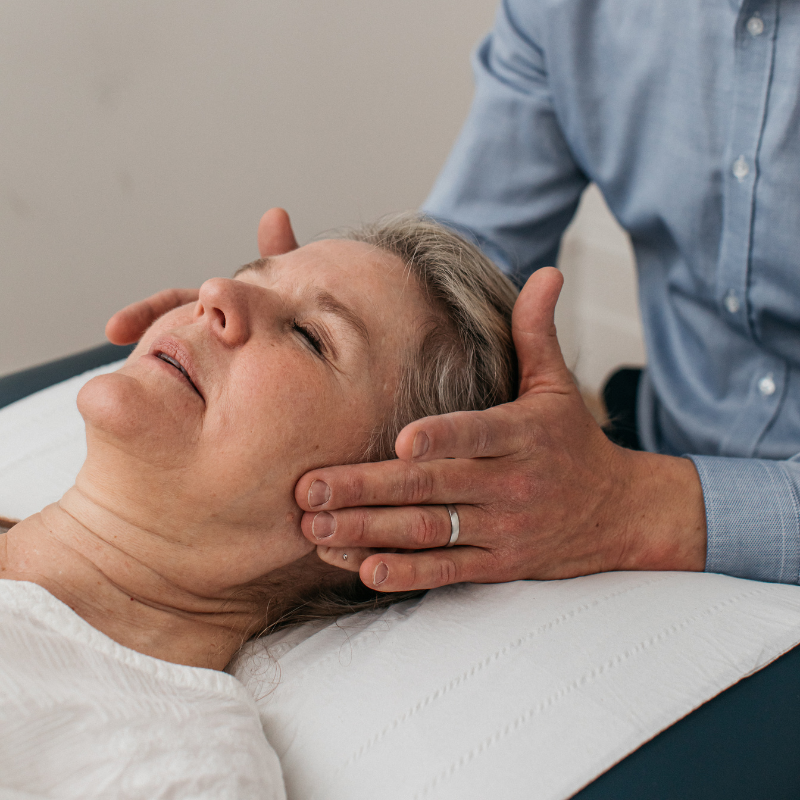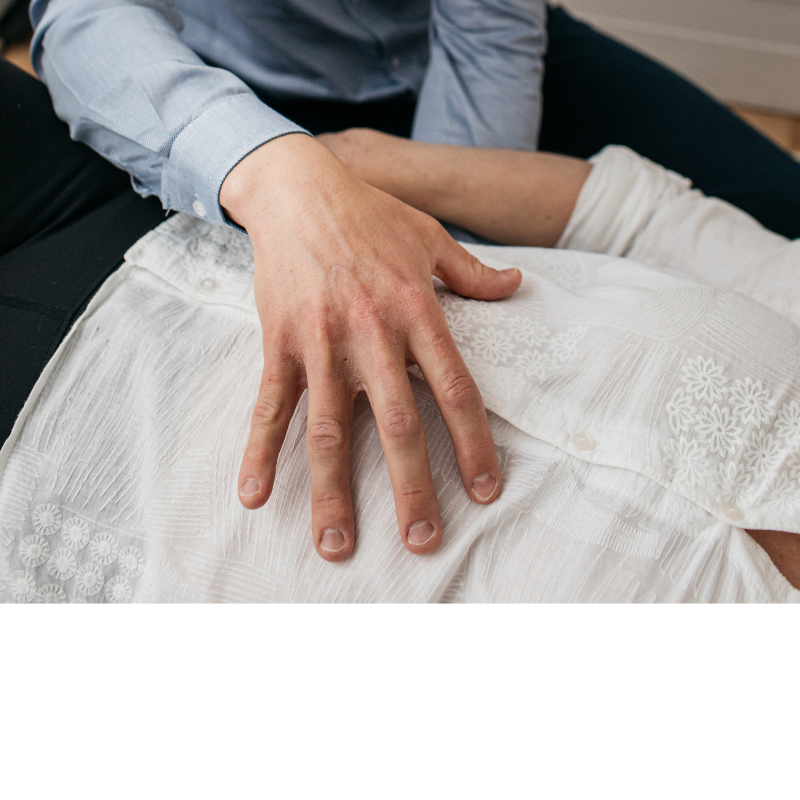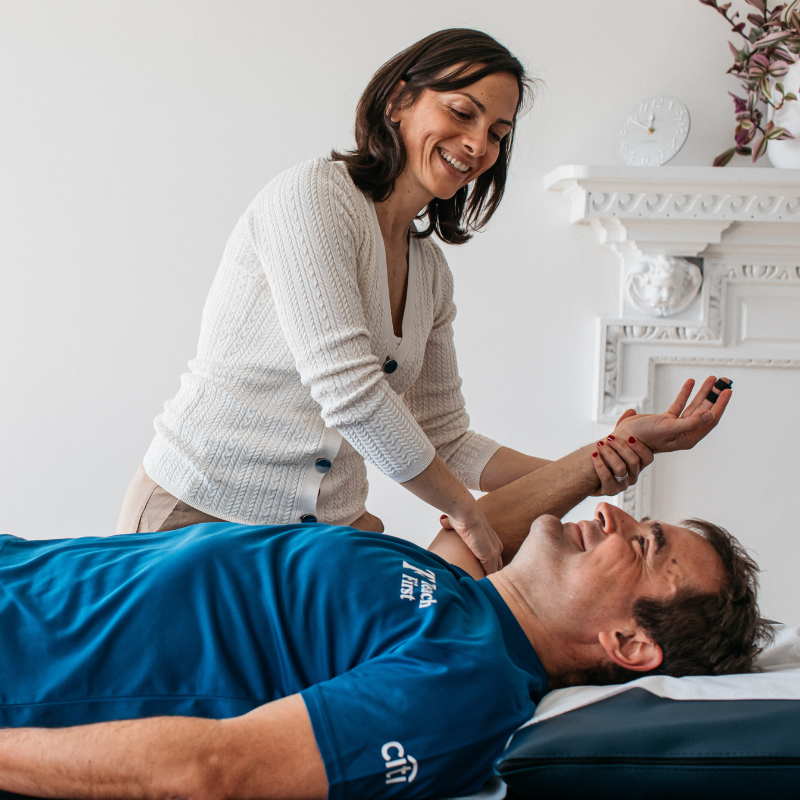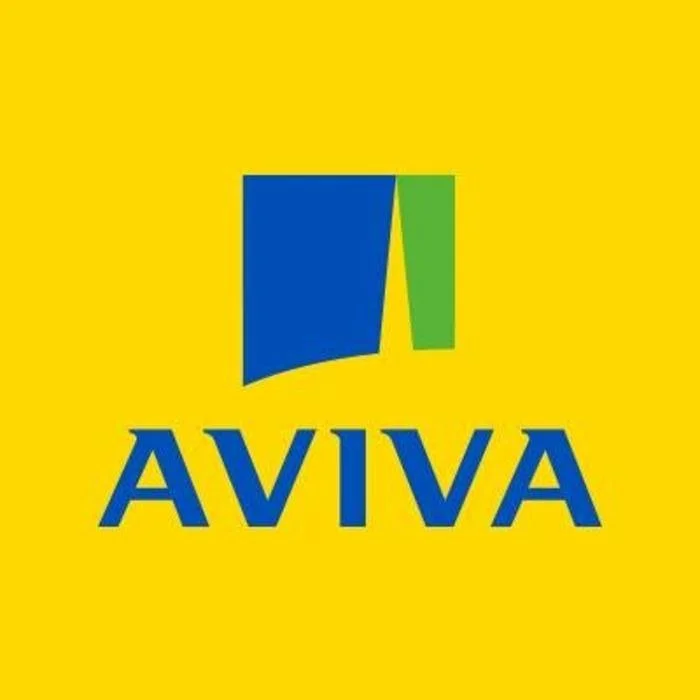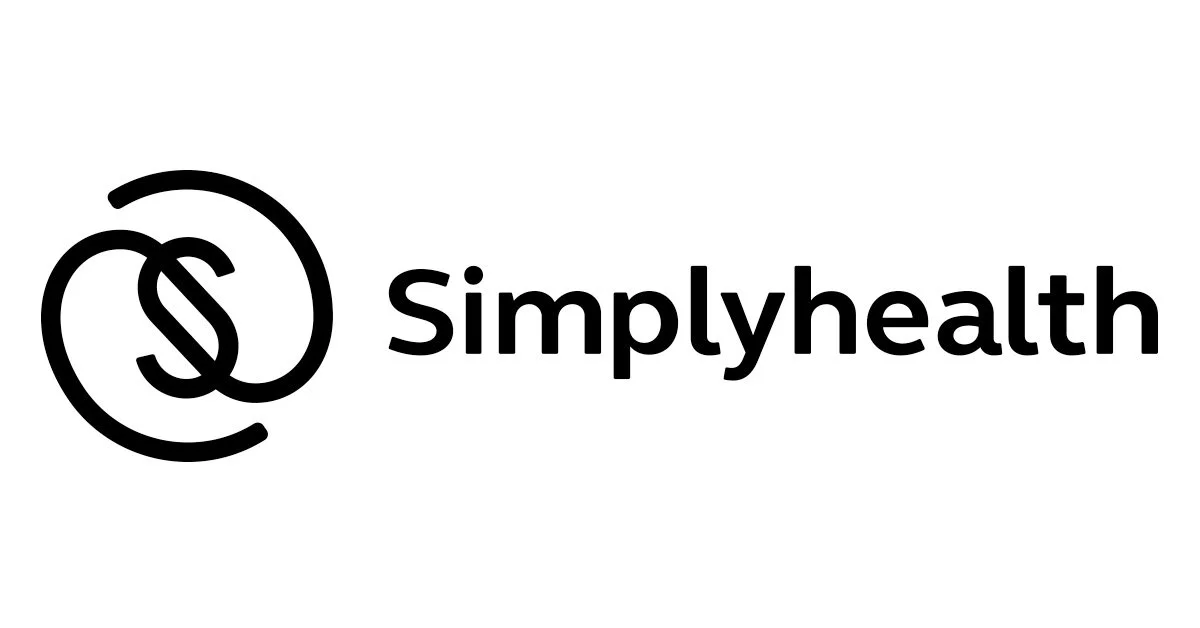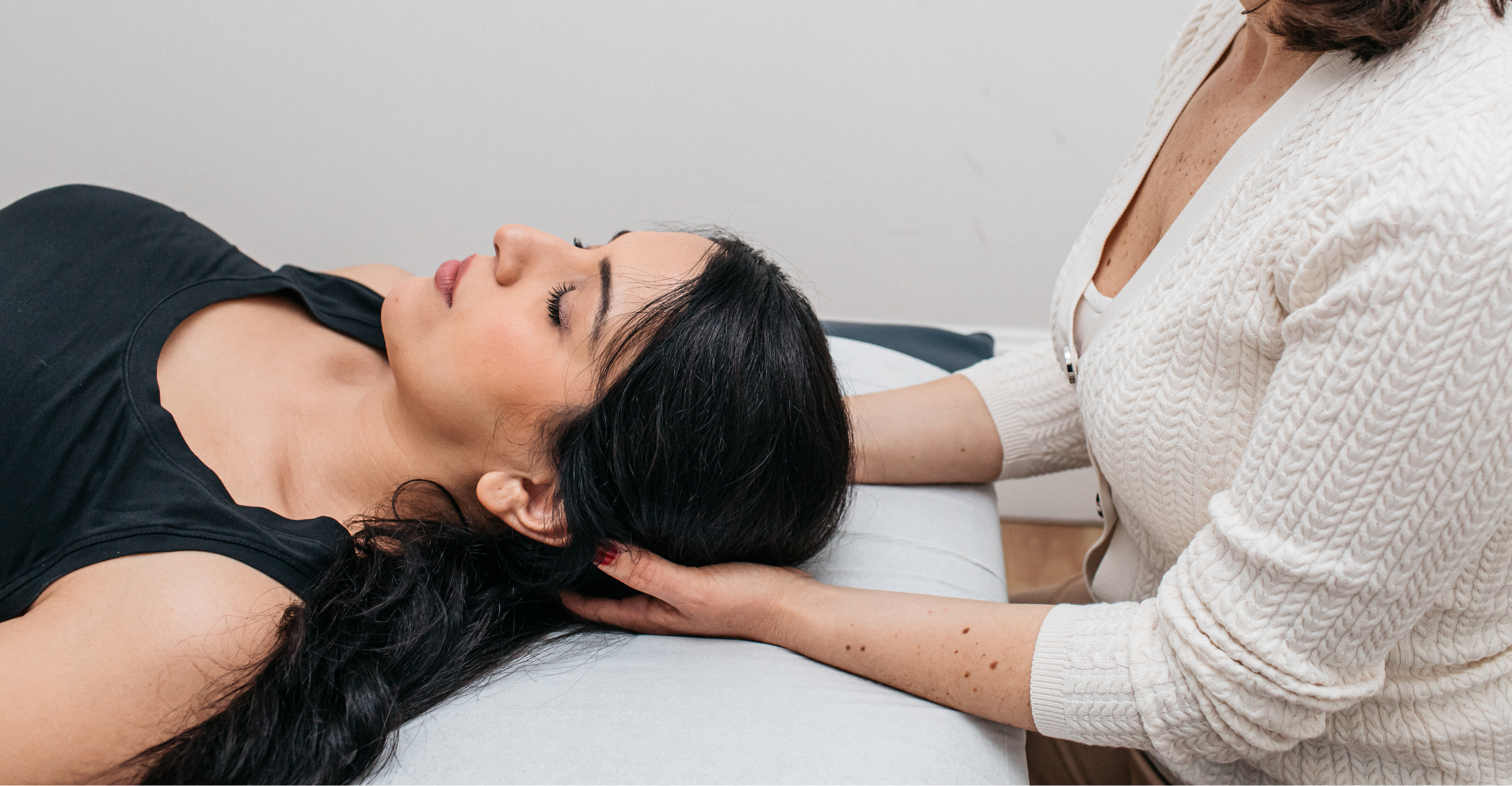
5.0 ★★★★★ 80+ reviews on Google
Gentle Cranial Osteopathy for All Ages
Or Call Us 07766 093 159
Or Call Us 07766 093 159
Cranial Osteopath London
Our cranial osteopaths use a highly trained sense of touch to feel subtle changes of tension within the whole body. We diagnose and treat areas of strain or dysfunction.
Cranial Osteopathy at Wellthy Clinic, Marylebone, London W1
Restore Balance Through Gentle Touch
If you have been living with chronic pain or if you have experienced an injury more recently, it would be worthwhile seeing a Cranial Osteopath. At Wellthy Clinic, we firmly believe that treatment can support your health and wellness for a better quality of life.
Cranial Osteopathy is used to reduce tensions, pain, and promote well-being. It can be used on a wide range of conditions, including TMJ, migraines osteopathy treatment London and back pain, when other techniques may not be suitable.
Our Osteopaths at Wellthy Clinic
After a patient experiences physical or emotional stress, it is common for body tissues to tighten up. Although our bodies are generally able to adapt to stress at the time, prolonged stresses or strain can remain. This remaining tension can accumulate and present as symptoms.
At Wellthy Clinic, we will work with your body to aid self healing, utilising cranial techniques to remove restrictions and provide support. Cranial Osteopathy is mainly applied to the tissues on the head, however it can also be used on different parts of your body directly. It works on the principles that non-invasive, gentle touch of joints and tissues can promote overall physical well-being.
Cranial Osteopathy is a relaxing experience which can bring great benefits, such as increased mobility in the limbs, spine and head (cranium). Tension in and around the head can be eased. During treatment, some clients are aware of different sensations, such as mild tensions, aching or sensitivity that gradually disappear, or feelings of warmth and relaxation. The majority feel relaxed during treatment and it is not uncommon for people to fall asleep.
Conditions we can help with at Wellthy Clinic
Our Cranial Osteopathy Practitioners
MOST, DIP NT. MSCCO
Cranial & Structural Osteopath & Nutritional Therapist.
Eleonora Sansoni
Matthew Glithero
MOST, BSC (HONS), MSCCO
Cranial, Structural and Paediatric Osteopath.
At Wellthy Clinic, we know that every wellness journey is different. This is why we believe that treatment should be tailored and suited to you and your needs. We also understand that you may not know how many sessions you may need to ease your symptoms or condition, we are here to help you.
Book a FREE discovery call to discuss your options with us.
Our Prices
Initial Consultation
*£120.00
When you visit us at Wellthy Clinic, we will listen and talk through your presenting issues, goals, current health and history. We will look at how you stand and at your posture before asking you to perform some active movements. We will then assess your joints range of motion and also through the cranial osteopathy principles. We will give you a diagnosis and a rough estimation of how long it will take for you to feel better. We will discuss your treatment options and find the most suitable course of action. This session will last 60 mins.
Follow Up 45min
*£100.00
A follow up consultation involves the monitoring of your progress and the revision of any treatment plan outlined. A physical examination will be performed on each session. Usually the follow up sessions are weekly or fortnightly and the number of consultations required depends on your presenting symptoms.
45 minute sessions are best suited for adults.
Follow Up 60min
*£120.00
A follow up consultation involves the monitoring of your progress and the revision of any treatment plan outlined. A physical examination will be performed on each session. Usually the follow up sessions are weekly or fortnightly and the number of consultations required depends on your presenting symptoms.
60 minute sessions are for adult patients who require a longer session.
*Save 10% when you purchase a package of 8 Cranial Osteopathy sessions.
8 x 60min sessions £864
8 x 45min sessions £720
Common questions about
Cranial Osteopathy
What will happen during your initial consultation?
When you visit us at Wellthy Clinic, we will listen and talk through your presenting issues, goals, current health and history. We will look at how you stand; your posture; asking you to perform some active movements. From this, we will assess your joint ranges of motion, however, we may also complete some other tests. We will present you with a diagnosis with an explanation of what is happening. The Osteopath will then discuss your treatment options and agree the most suitable treatment plan for you, alongside your goals to better health. Once consent is given, treatment will begin. Although cranial techniques are very gentle, patients can experience great benefits from their sessions.
What can I expect after seeing a Cranial Osteopath?
Commonly, you may feel a little light-headed, sleepy and relaxed straight after treatment but it won’t last long before you start to feel better. This will be reviewed for each treatment depending on your progress as part of your treatment plan.
How long does it take to be an Osteopath?
Osteopaths are primary healthcare practitioners who are trained to know when it is best to treat or when to refer patients. Osteopathy requires 4-6 years of masters study, which involves studying various topics like anatomy and physiology. There is a large practical component with osteopathic technique and treating local community members in the final 2 years at the clinics. Our team Eleonora Sansoni and Matthew Glithero both studied at the University College of Osteopathy near London Bridge. They are registered with the governing body (General Osteopathic Council) and are fully insured.
How did it begin?
Osteopathy was founded in Kirksville, America in 1874 by Andrew Taylor Still. He was an American physician who recognised the body’s natural ability to heal from ill health when functioning effectively. Motivated by the three deaths of his children during a pandemic, he wanted to find an alternative from the medical approach medicines and surgeries offered at the time. Osteopathy came to Britain with John Martin Littlejohn (one of Still’s early students) in 1913 who returned to London to practice. He set up the first osteopathic school in the country (British School of Osteopathy) and served as Dean for 40 years. Today there are now over 5,000 Registered Osteopaths in the UK.
Is Osteopathy considered to be alternative therapy?
Osteopaths are primary healthcare practitioners who are able to diagnose and treat musculoskeletal conditions or refer when necessary. Osteopathy is considered to be a complementary and alternative medicine (CAM). These are treatments that fall outside of mainstream healthcare.
Who regulates Osteopathy?
The General Osteopathic Council is the statutory regulator for Osteopathy in the UK. Their powers were awarded to them by Parliament under the Osteopaths Act in 1993. By law, Osteopaths must be registered with the General Osteopathic Council (GOsC). Osteopaths are required to renew their registration each year. As part of this process, the GOsC checks they have the correct insurance, are meeting professional development requirements and remain in good health.
Private Medical Insurance
Our Osteopaths are qualified and registered with the General Osteopathic Council. We are fully insured and recognised with AVIVA, Healix, Vitality, Cigna, Simply Health, Healthshield & WPA health insurance companies.



